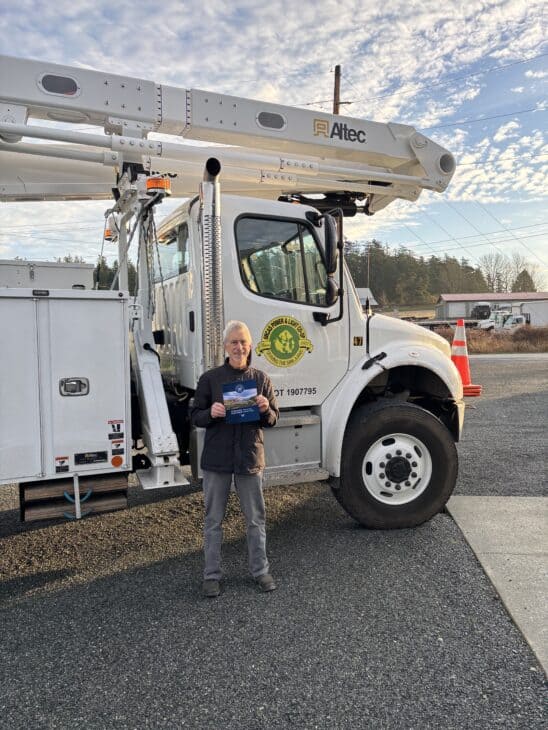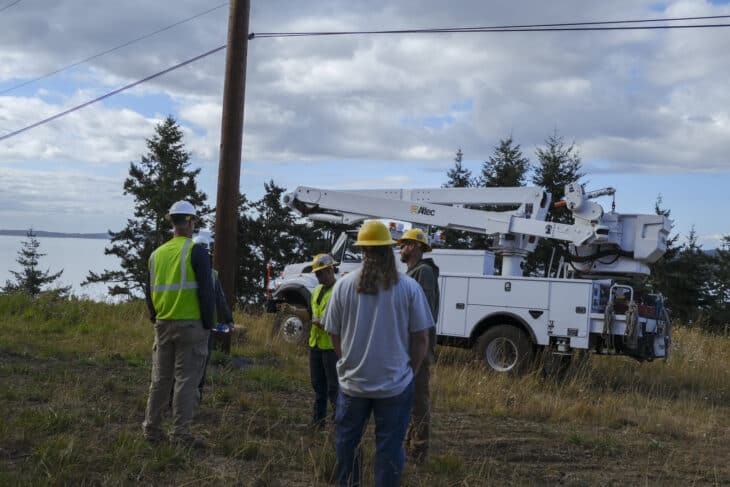OPALCO Doubles Down on Low-Income Bill Credits
OPALCO’s Energy Assist Program will double the monthly bill credit for participating low-income members through the end of the year. The number of members participating in this new program is lower than budgeted and the Board decided to increase the assistance for those who need it.
As of August 31, 159 co-op members have applied for and received a monthly credit on their power bill since the new Energy Assist program began in February. The doubled monthly bill credit ranges from $20/month (one person household) up to $50/month (six or more person household). Members who meet the qualifications for other assistance programs such as Federal Free Lunch, LIHEAP or OPALCO’s Project PAL are likely to qualify for the Energy Assist Program. Members on the Energy Assist Program are also qualified for the same bill credit with Rock Island Communications for Internet services, if available in your area. Please contact Rock Island (www.rockisland.com) for more information.
The Energy Assist Program is funded through a line item on all member bills (on average of about 45 cents per month). This program is distinct from Project PAL, which provides one-time emergency grants to eligible members during the heating season only and is funded by voluntary member donations.
The application for the Energy Assist program is available online, and paper copies can be picked up at your local OPALCO offices and at island Family Resource and Senior Centers.



